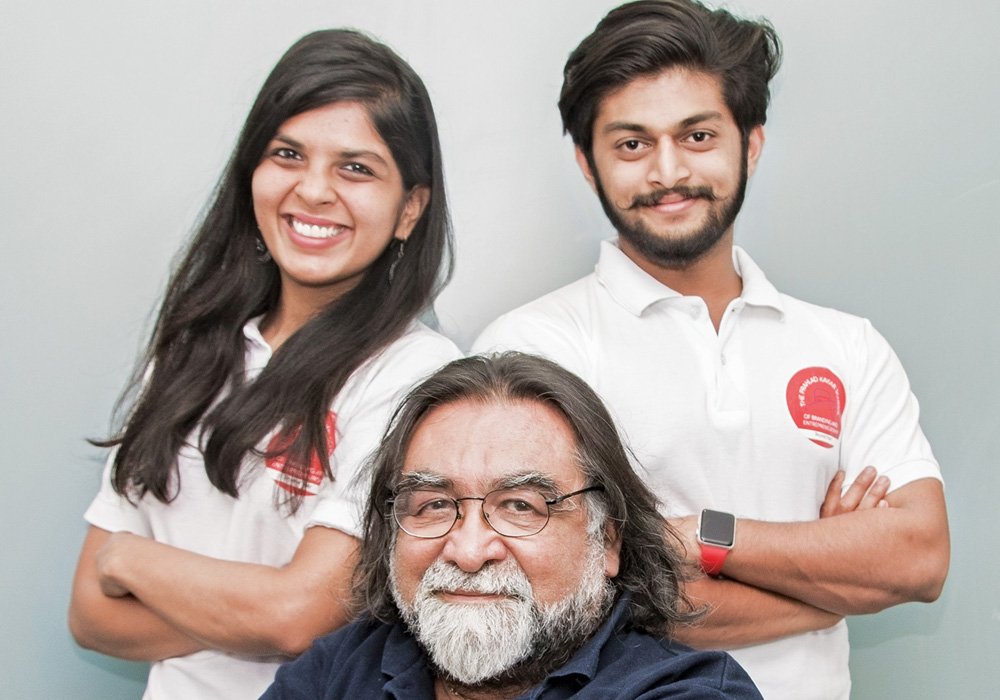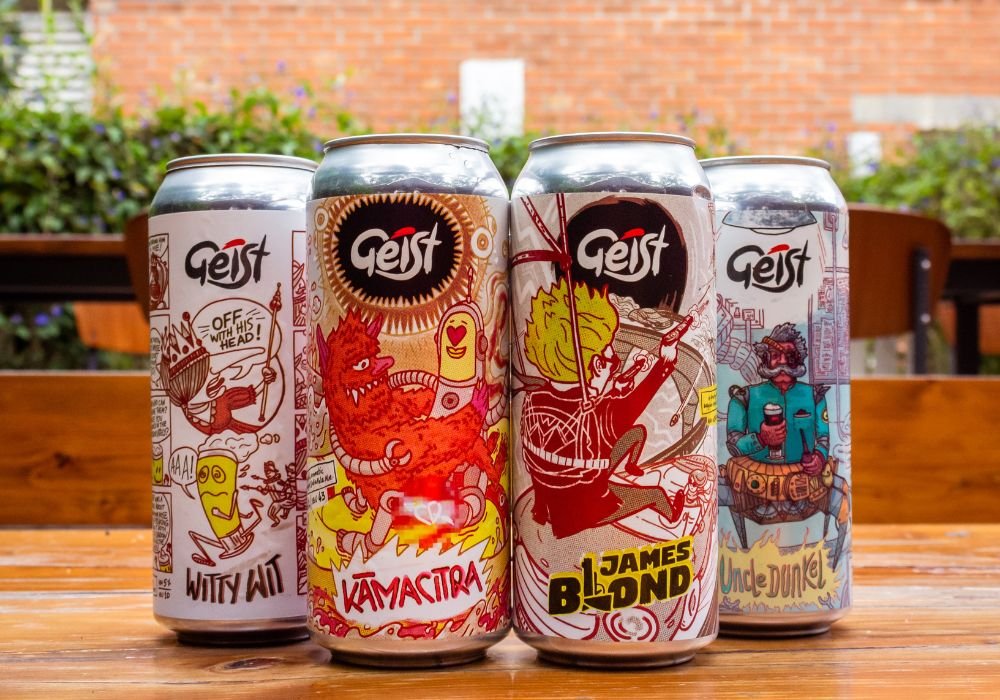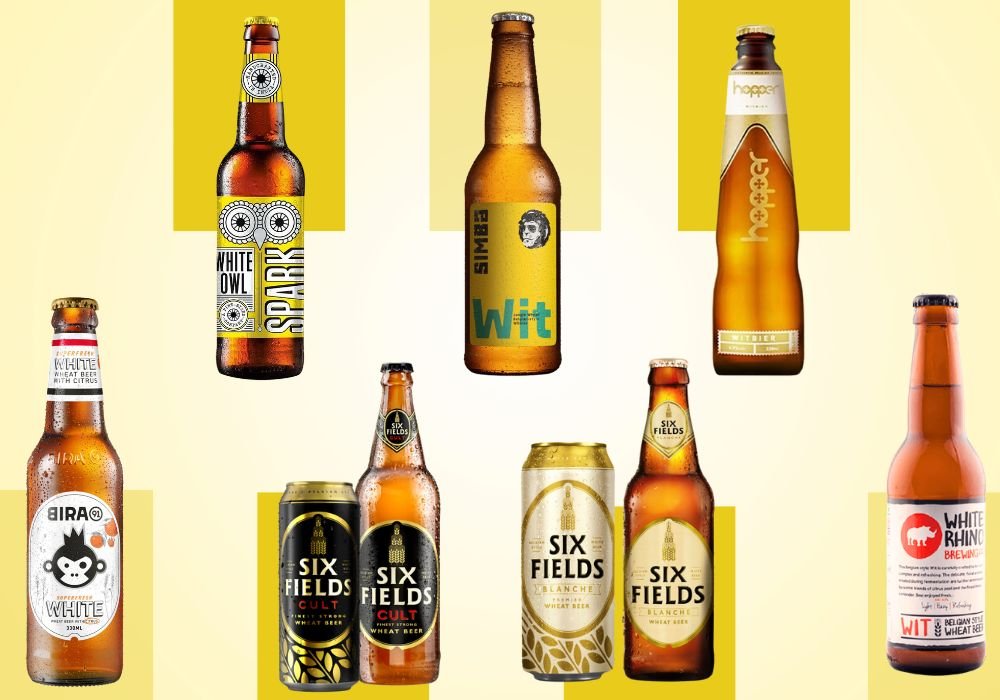An Iconic Ad Man

Prahlad Kakar gives his take on constraints to liquor advertising
Renowned for his candid and outspoken disposition, Prahlad Kakar is the Advertising Film Director for Genesis Film Production, one of India’s oldest and foremost ad film production houses. He has ruled the advertising world with his brand of irreverent humour, memorable brand-building campaigns and has created award-winning commercials for the most reputed corporates and agencies in India and the Asia Pacific region. Known as the “ad guru” he has been instrumental in changing the face of advertising in our country bringing in “regional Indianness” and values into an urban context through his films, creative workshops, articles and interviews.
The latest addition to his kitty is a radical educational institution for ad filmmakers and entrepreneurs – The Prahlad Kakar School of Branding & Entrepreneurship(PKSBE). Here students are taught that value comes before ROI and value creation is permanent whereas money comes and goes. Not new to controversy, in a conversation with two of his students, Divyesh Patil & Sonika Chaudhary, Prahlad Kakar talks about surrogate advertising and constraints that the alco-bev industry in India have to deal with.
As an Ad-Guru what is your opinion of creating effective communication methods for the alco-bev industry in India?
Currently, we are entering a micro artisan revolution where every pub wants to have its own micro-brewery. They are making tailor-made living beers that are not mass produced. In my opinion, for effective communication, we need to educate the people that all alcoholic drinks are not necessarily bad. We need to educate this generation into drinking for pleasure and taste rather than to get hammered, which seems to be a universal trend right now. That is why extra strong beers have such a big market in the hinterland. So, when you educate young people on the pleasures of taste, distinction, flavour, the use of wheat, hops and malts, the difference between them and not how much alcohol is in it, then you will find that a lot of people will drink moderately and responsibly and therefore you won’t have a social problem.
What in your opinion has been the impact of strict advertising regulations in a country which has the second largest alco-bev sales?
We are a hypocritical country. We are probably going to be the most populous country in the world and we still pretend that it happened by shaking hands or doing Namaste. Drinking has always been a taboo in our country. If you look at the permits that are given by our country on medical grounds, they are worded in a manner to embarrass the drinker, for instance, sharabi ka naam, sharabi ke baap ka naam, and so forth and so on. Basically, it stigmatizes the drinker in the fond hope that they might be embarrassed, which obviously is not working. When there is no openness about an activity, especially about sex and drinking, it will reach forms that are unacceptably complicated. It leaves people feeling guilty, damaged, with low self-esteem, because you have to go about it in a clandestine manner.
It will reach levels which are completely unacceptable, socially, legally and in terms of addiction and corruption, which is exactly what is happening. We are a very status conscious country, a lot of people drink to forget who they are and among young people, it forms a common bond to get drunk together, however unpleasant the situation gets and no matter how terrible you feel the next morning. The business of drinking in our society is never been considered a social activity has but an immoral and bad activity which brings a huge amount of pressure on the drinker to justify his need to relax, chill out with his friends, and entertain himself, especially when it comes to female drinkers. In our middle-class society, since they tend to set the rules of social behaviour, a woman drinking in public is a bad girl, she is immoral, and she is seen as sexually promiscuous. In all our cultural storytelling and movies, when we want to depict a fallen woman, we tend to show her drinking and smoking. This need not be so, because alcohol consumption is as old as civilisation and accepted as a normal social activity. Only by stigmatizing it and not educating people about it we drive it to levels of addiction and compulsive consumption(Alcoholism). So our official, social, and cultural policy is actually driving more people into alcoholism especially at a very early age of between 18-25. Prohibition has never been an answer to solving a social ill which has been created by the system that has stigmatized it, and because of our society we will always have this problem. It will only increase to epidemic levels.
The business of drinking in our society is never been considered a social activity but an immoral and bad activity which brings a huge amount of pressure on the drinker to justify his need to relax, chill out with his friends, and entertain himself, especially when it comes to female drinkers.
Do you think low alcohol content beverages like beer should be excluded from this law?
Direct advertising should be allowed educatively. What is happening currently is unethical as there is a ban implemented, but consumption is indirectly being encouraged, as the government is a stakeholder in earning a large amount of revenue from this activity, including money that is not official, especially in prohibition led state. The more open the policy is the less corruption there is likely to be. The biggest issue is that the money being made by the bootleggers through illegal selling of alcohol deprive the state of legitimate state of revenue and monitoring and there is no way to figure out what this money illegally being earned by bootleggers is being used for, whether it’s for anti-national activity, or funding terrorist activity or their training, or spawning a large and malignant mafia in our urban centres, with a nexus between the cops and the politicians where everyone is on the take. The alcohol content in beer should be regulated to 4%, the excise duty should be reduced, and advertising should be legalised in these conditions so as to wean young people away from hard alcohol. Advertising should be backed by an institutional education by alcohol companies on the pleasure of taste, variety, and acceptable social behaviour. To get drunk on beer at 4% requires a huge bladder, and it’s not pleasant to feel so bloated just to get drunk. Institutional advertising is part of the revenue generated by opening up the alcohol market should be invested in advertising which is essentially educative about taste, and responsible drinking and not about getting hammer. Our youngsters drink alcohol like medicine, which is to cure depression and lack of social confidence.
Is there any alternate form of communication better than surrogate advertising?
Yes, but it takes commitment and a genuine need to educate, it can be done in workshops curated by a master who takes young people through the tasting which takes them through the flavor, nose, aftertaste and the next morning, to make people realise that there’s more to alcohol than just getting high.
You made a series of ads for Officer’s Choice. What was the idea behind it?
The idea of the ad was not to talk about the alcohol, but the ad was about an officer and a gentleman and his social responsibility in terms of leadership and taking control of a situation rather than losing it.
Do you think creativity (creative campaigns) have taken a backseat due to these restrictions?
No, the only thing that has thrived is actually creativity and different ways to reach out to the consumer audience. That in itself is a creative exercise, how to use your brand name in a popular social activity.
Could you tell us about the challenges faced by the advertising & creative agencies to create an effective alco-bev campaign?
I think surrogate advertising is basically unethical and the government turns a blind eye to it as they also profit from it. We treat the drinking of any form of alcohol be it, beer, wine, hard liquor, as a social problem. The more we suppress it and try and humiliate the consumers the more clandestine and underground it’s going to become and you are then going to create a huge social problem even where it doesn’t exist.
What would be your message to regulatory authorities and brand owners?
Step up, stand tall, and stop being hypocrites. Either ban it because you don’t agree with it in principal and take the consequences of having half your police force chasing after bootleggers and rather than policing the state or legalize it with very clear guidelines where the state supports it with educational programs and starts from tribal levels, not just cities. We need to teach an entire generation of young people to drink for pleasure and not just to get drunk. There is something so wrong with our subculture that when you ask a young bunch of kids when they are going out in the evening “What are you doing”, the response is “I am getting hammered.” Getting hammered has become synonymous with having a good time, which means If you are sober it means you haven’t had a good time.
A subculture like that has come out only out of the restrictions. So, I think all stakeholders, alcohol manufacturers, cultural groups, social activists, brand icons, and the state should all work towards developing a culture of healthy and socially responsible drinking then only we will see a change in our extremely double standard society.



